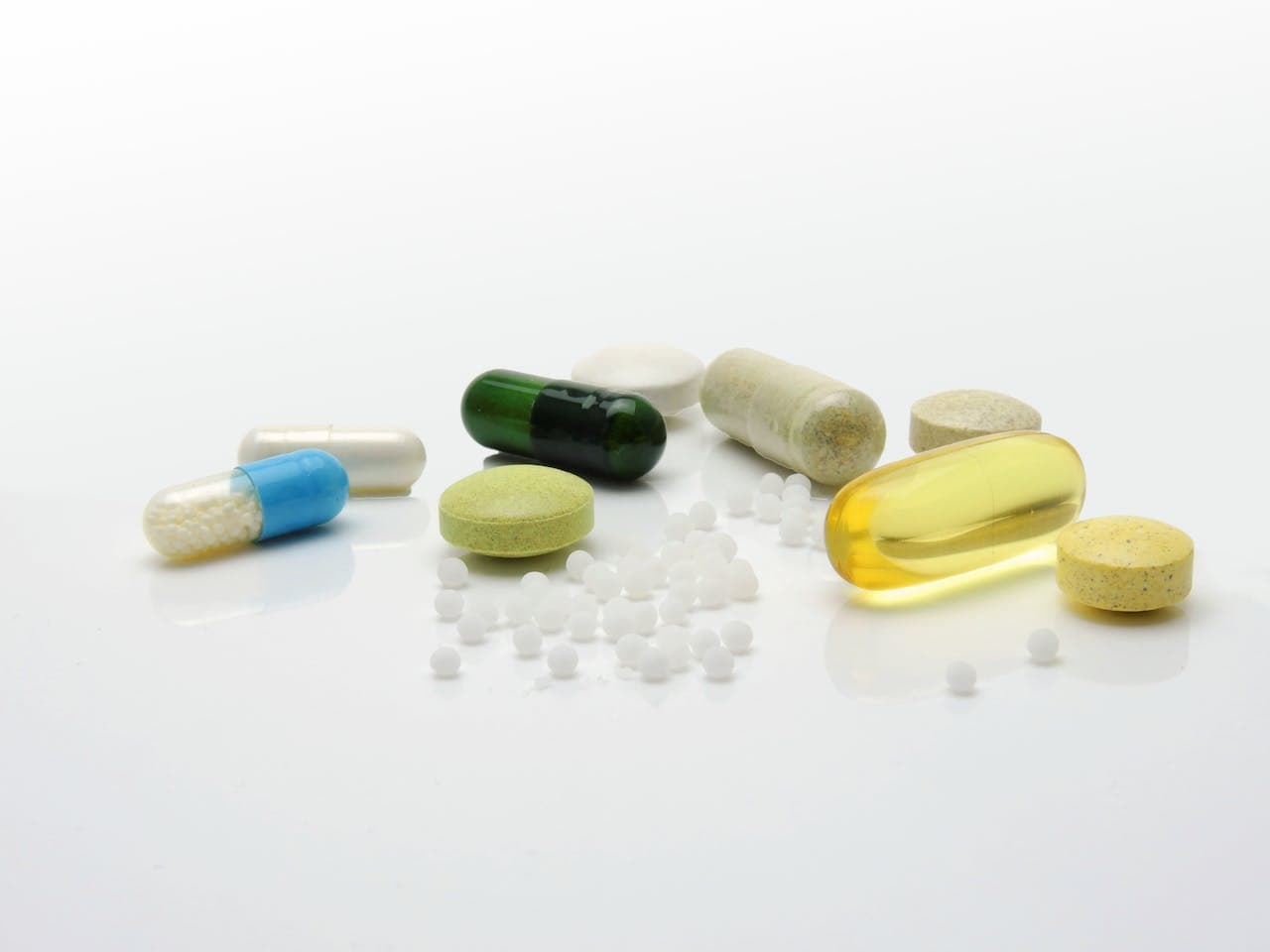Balancing breastfeeding and mental health can feel impossible for new moms. You’re not alone; 1 in 5 moms experience postpartum depression.
Struggling with anxiety or depression but terrified that antidepressants could harm your baby? The confusion is real—and dangerous.
Skipping medication might worsen your mental health, but misinformation about breastfeeding risks can leave you feeling trapped.
What Science Says About Antidepressants and Breastfeeding?
Deciding between antidepressants and breastfeeding? You want to protect your baby’s health, but you can’t pour from an empty cup. Let’s cut through the noise: Here’s what the latest research says about safety, risks, and how to make an informed choice.
How Antidepressants Transfer to Breast Milk
You might imagine medication passing to your baby like a flood, but it’s closer to a single drop in a swimming pool. Most antidepressants, especially SSRIs like sertraline (Zoloft), transfer into breast milk in tiny amounts—often less than 10% of a mother’s dose.
Studies, including this 2011 review, show that most babies show no side effects when their moms use these medications. Still, every case is unique.
Always work with your doctor to weigh your specific risks.
The Risks of Untreated Mental Health Conditions
Postpartum depression isn’t just “baby blues.” Untreated, it can strain bonding with your baby, disrupt sleep, and even increase long-term risks for anxiety.
Research from Postpartum Support International reveals that 1 in 5 moms with postpartum depression avoid medication due to breastfeeding fears—even when they desperately need help.
Remember: Your mental health matters as much as your baby’s physical health.
Benefits of Breastfeeding for Mom and Baby
Breastfeeding isn’t just about nutrition. It releases oxytocin (a natural mood stabilizer) and lowers your risk of postpartum hemorrhage. For babies, it strengthens immunity and reduces infections.
Quick tip: If you’re struggling with latch issues or supply, a lactation consultant can help you breastfeed comfortably while managing medication.
Overwhelmed? Let’s simplify your options. Book an expert consultation with our postpartum care team to discuss your needs.
Safe Antidepressants and Practical Tips for Breastfeeding Moms
You need solutions, not just science. Let’s get practical: Which antidepressants are safest while breastfeeding, how to time doses, and what to watch for in your baby.
Safest Antidepressants While Breastfeeding
Sertraline (Zoloft) is the gold standard.
The American Academy of Pediatrics classifies it as “usually compatible with breastfeeding” due to low milk transfer and minimal side effects.
Other options like fluoxetine (Prozac) may work too, but they linger longer in breast milk.
Remember: Work with your doctor to start with the lowest effective dose.
Timing Doses to Minimize Baby’s Exposure
Think of it like caffeine: Timing matters. Take your pill right after breastfeeding or before your baby’s longest sleep stretch.
This gives your body time to metabolize the drug before the next feed.
Example: If your baby sleeps 4 hours at night, take your dose right before bedtime.
Monitoring Your Baby for Side Effects
Watch for drowsiness, fussiness, or feeding changes—but don’t panic. Most babies show zero side effects. If you notice jitteriness or poor weight gain, call your pediatrician.
Pro tip: Keep a feeding/symptom log (even a notes app works) to spot patterns.
Conclusion: Balancing Mental Health and Breastfeeding
There’s no trophy for suffering in silence. Choosing antidepressants while breastfeeding isn’t about “selfish vs. selfless”—it’s about ensuring you’re healthy enough to care for your baby.
Key Takeaways:
- Safety First: SSRIs like sertraline are low-risk and widely used.
- Timing Matters: Dose after feeds to reduce the baby’s exposure.
- Monitor, Don’t Panic: Most babies show no side effects, but track changes.
- You’re Not Alone: Many breastfeeding moms use antidepressants, and it’s okay to need help.
Still unsure? Book a telehealth consult with an expert to create a plan that works for you and your baby.
Your mental health is the foundation of your baby’s well-being. You’ve got this.




